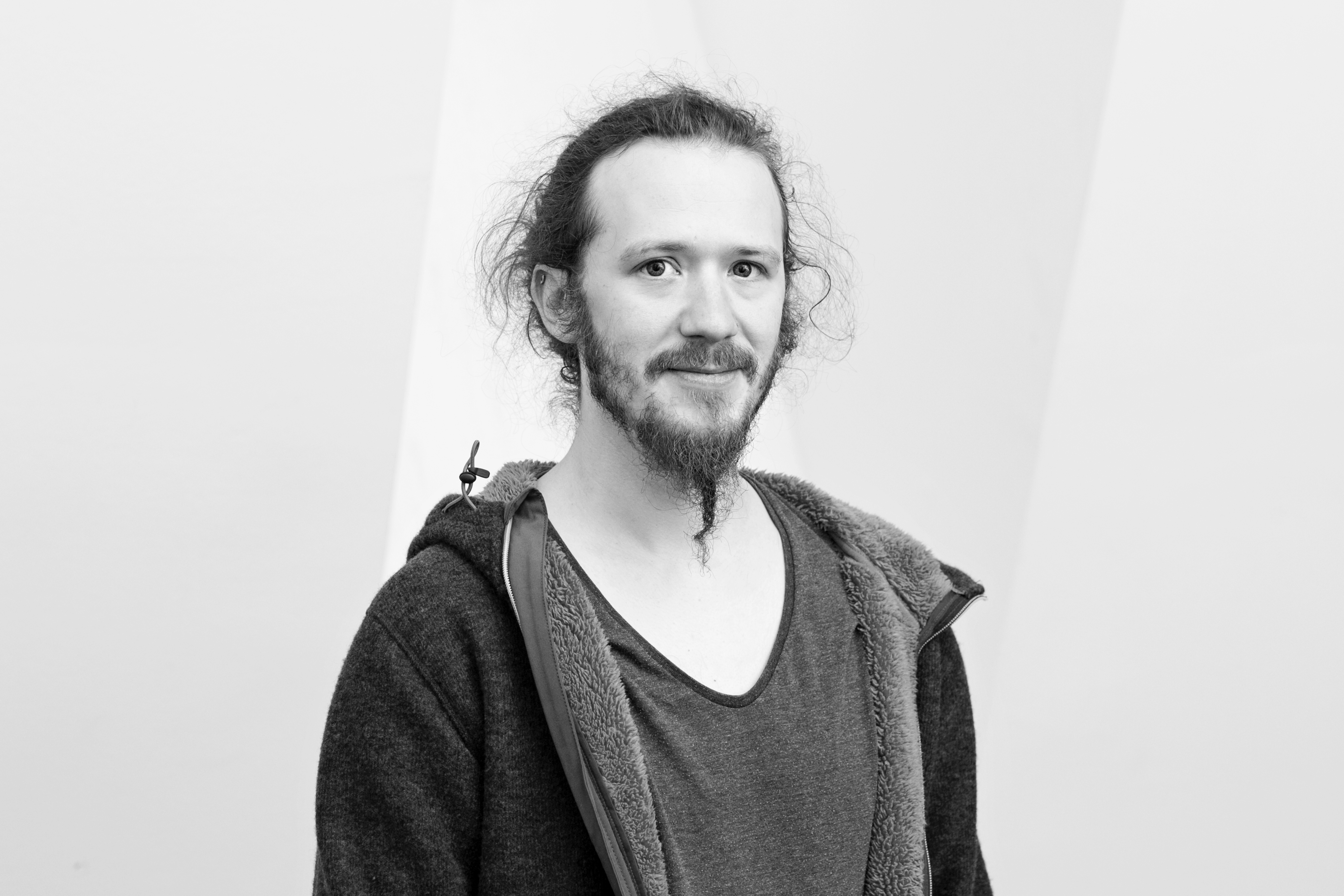Universitetsavisen
Nørregade 10
1165 København K
Tlf: 21 17 95 65 (man-fre kl. 9-15)
E-mail: uni-avis@adm.ku.dk
Ph.d.-forsvar
Ph.d.-forsvar — On 6 June, Paul Strohmeier will defend his PhD thesis entitled Shaping Material Experiences: Designing Vibrotactile Feedback for Active Perception.
Date & Time:
Place:
Auditorium 1, August Krogh Bygningen, Universitetsparken 13, 2100 København Ø
Hosted by:
DIKU
Cost:
Free
Imagine running your finger over a grid. The fingertip will start vibrating as it hits each individual element. This vibration is a function of both the spacing of the grid and the speed with which you move over it. Interacting with everyday objects, if our skin is vibrated, this vibration typically occurs coupled to the speed with which we perform an action. This thesis explores haptic feedback design, based around the principle of closely coupling vibrotactile feedback to user actions.
Part I of this thesis discusses novel technologies for providing haptic feedback. I present Magnetips – a technology for tracking a magnet and providing vibrotactile feedback through the magnet over short distances – and ReFlex – a flexible smartphone with bend-input which provides vibrotactile feedback coupled to the bending motion. I present interaction-scenarios enabled by Magnetips, including interactions using an implanted magnet. Using ReFlex I present an initial exploration of input-mappings and output parameters for vibrotactile feedback from which new material experiences emerge.
Part II investigates the perception of output parameters and input mappings further. I present a magnitude estimation study which provides further insight into vibrotactile output parameters. Using qualitative in-depth interviews I present an overview of the breadth of experiences which can be created by varying the input mappings of such systems. Together the studies provide an initial systematic exploration of how to parametrically create material experiences using vibrotactile actuation.
Finally, in Part III, the findings are summarized and I explore their theoretical consequences. The results highlight the need for a theoretical framing to push the research forward. I present considerations on such a framing as a starting point for future theoretical work. Specifically I highlight that the switch in perception from vibration to material experience should receive further attention and that there is utility in considering embodied interaction at temporal scales below 100 ms; below the deliberate act. I conclude Part III by presenting an example sensory augmentation technology, which highlights how the practical results and theoretical considerations might be applied.
Assessment Committee:
Professor Jakob Grue Simonsen (chairperson), Department of Computer Science, University of Copenhagen
Professor Daniel Vogel, University of Waterloo
Professor Stefania Serafin, Aalborg University, Copenhagen
Academic supervisor:
Professor Kasper Hornbæk, Department of Computer Science, University of Copenhagen
For an electronic copy of the thesis, please contact phdadmin@di.ku.dk
